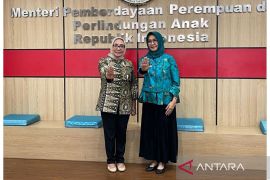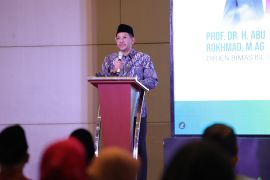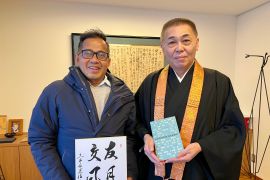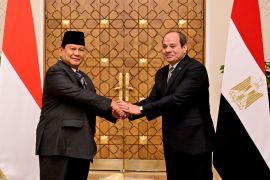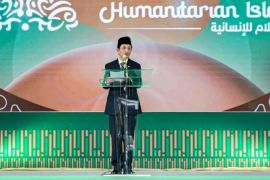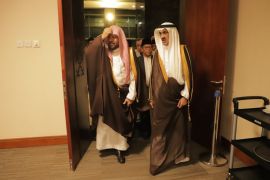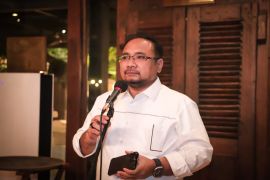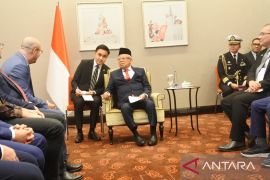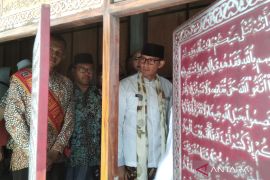The success was inseparable from the cultural characters of the Indonesian nation, he said at an international symposium on cultural diplomacy organized by the Berlin Institute for Cultural Diplomacy recently.
At the symposium the Indonesian ambassador spoke of the role of soft power and its significance in the realm of internal and external policies of Indonesia, spokesman for the Indonesian embassy in Berlin Purno Widodo said in an emailed statement to an Antara correspondent in London on Tuesday.
"Multiculturalism has been flourishing in Indonesia. It is made up of various elements serving as an important component in the soft power strategy of Indonesia," he told young professionals, academicians, political and diplomatic representatives, journalists and stakeholders in international relations at the symposium.
The soft power strategy dated back to the 14th century when the Majapahit Kingdom was established. At that time soft power was able to stem various tensions arising from multicultural reality among three religions, namely Buddha, Hindu and Islam, he said.
In implementing its foreign policy, the ambassador said Indonesia had always put emphasis on soft power with various modalities, such as moderate Islam and democracy, coupled with growing norms and values, including law enforcement, respect for human rights, good governance and freedom of the press.
Given the various modalities, Indonesia`s foreign policy had demonstrated the ever increasingly important role, evident from the international trust given to Indonesia to host the Interfaith and Intercultural Dialogue and Bali Democracy Forum, he said.
Since then, Indonesia felt more confident to mediate in various conflicts between Islam and the West which had so far been under the spotlight, he said.
(*)
Editor: Bambang
Copyright © ANTARA 2011
